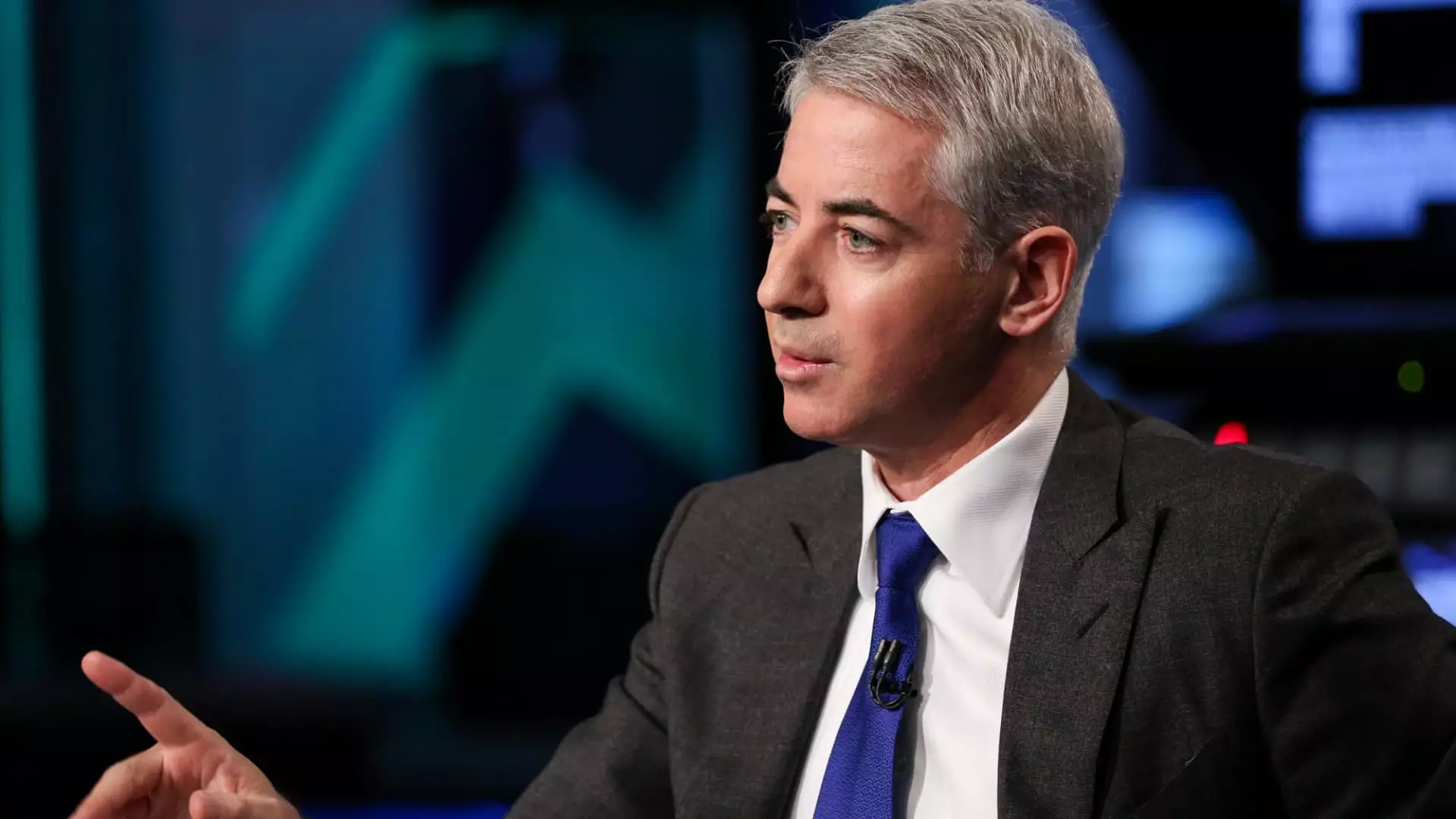Billionaire investor Bill Ackman has decided to delay the listing of Pershing Square’s U.S. closed-end fund, as stated on the New York Stock Exchange’s website. The initial public offering of Pershing Square USA Ltd., with the ticker PSUS, has been postponed indefinitely, with a new date yet to be announced. Ackman is now aiming to raise $2.5 billion to $4 billion for the fund, a significant reduction from the initial $25 billion target set a few weeks ago, as outlined in a regulatory filing dated Thursday. Pershing Square has refrained from providing additional details about the delay, simply stating that the IPO is proceeding, and the pricing date will be disclosed soon.
Closed-end funds have a unique structure where a set number of shares are sold during the IPO, and they subsequently trade on market exchanges. The price of the fund may not align with the shares’ net asset value, leading to potential trading at a premium or discount. Ackman acknowledged the sensitivity surrounding the size of the transaction, particularly given the unconventional nature of closed-end funds and their historically negative trading patterns. Investors must exercise caution and conduct thorough analysis to recognize the potential for the closed-end fund to trade at a premium post-IPO, a scenario that has been uncommon in the past.
Asset Management Strategy
Pershing Square currently manages $18.7 billion in assets, primarily through Pershing Square Holdings, a $15 billion closed-end fund traded in Europe. Ackman’s objective is to introduce a similar closed-end fund on the New York Stock Exchange, which could pave the way for an IPO of his management company. The decision to publicly list Ackman’s fund is viewed as a strategic move to leverage his wide following among Main Street investors, with over one million followers on the social media platform X. The closed-end fund is expected to focus on investments in 12 to 24 large-cap, investment-grade, “durable growth” companies in North America.
In the disclosed roadshow presentation, Ackman emphasized the challenge of managing traditional hedge funds, where investors can withdraw their capital at any time, leading to continuous fundraising efforts and the need to reassure investors. Managing permanent capital, on the other hand, allows for a more concentrated focus on the portfolio and enables the adoption of a long-term investment approach. Ackman highlighted the importance of stability in managing a portfolio intended for long-term investment in businesses, as the movement of capital in and out can significantly impact returns if not managed carefully.


Leave a Reply